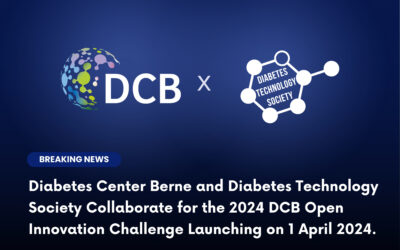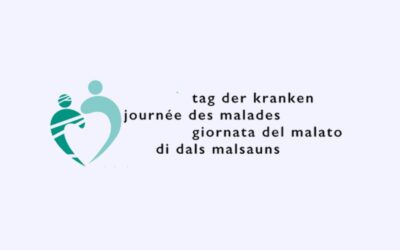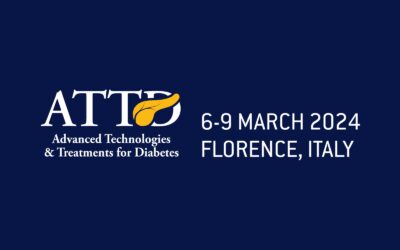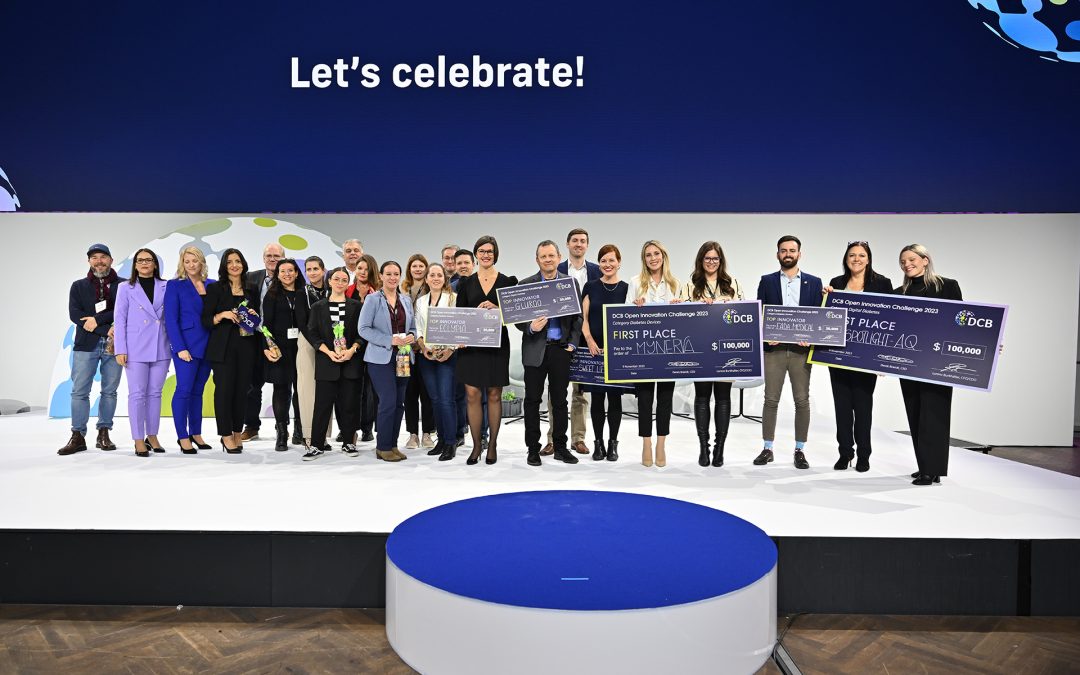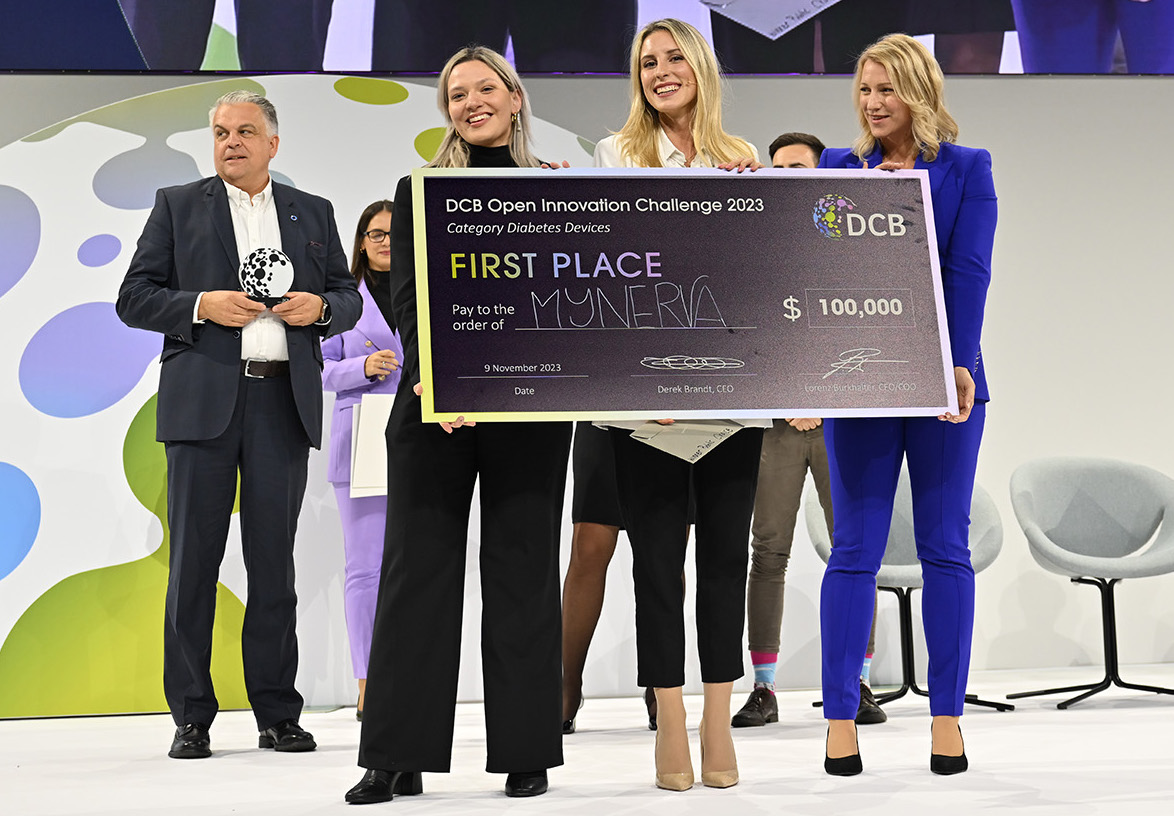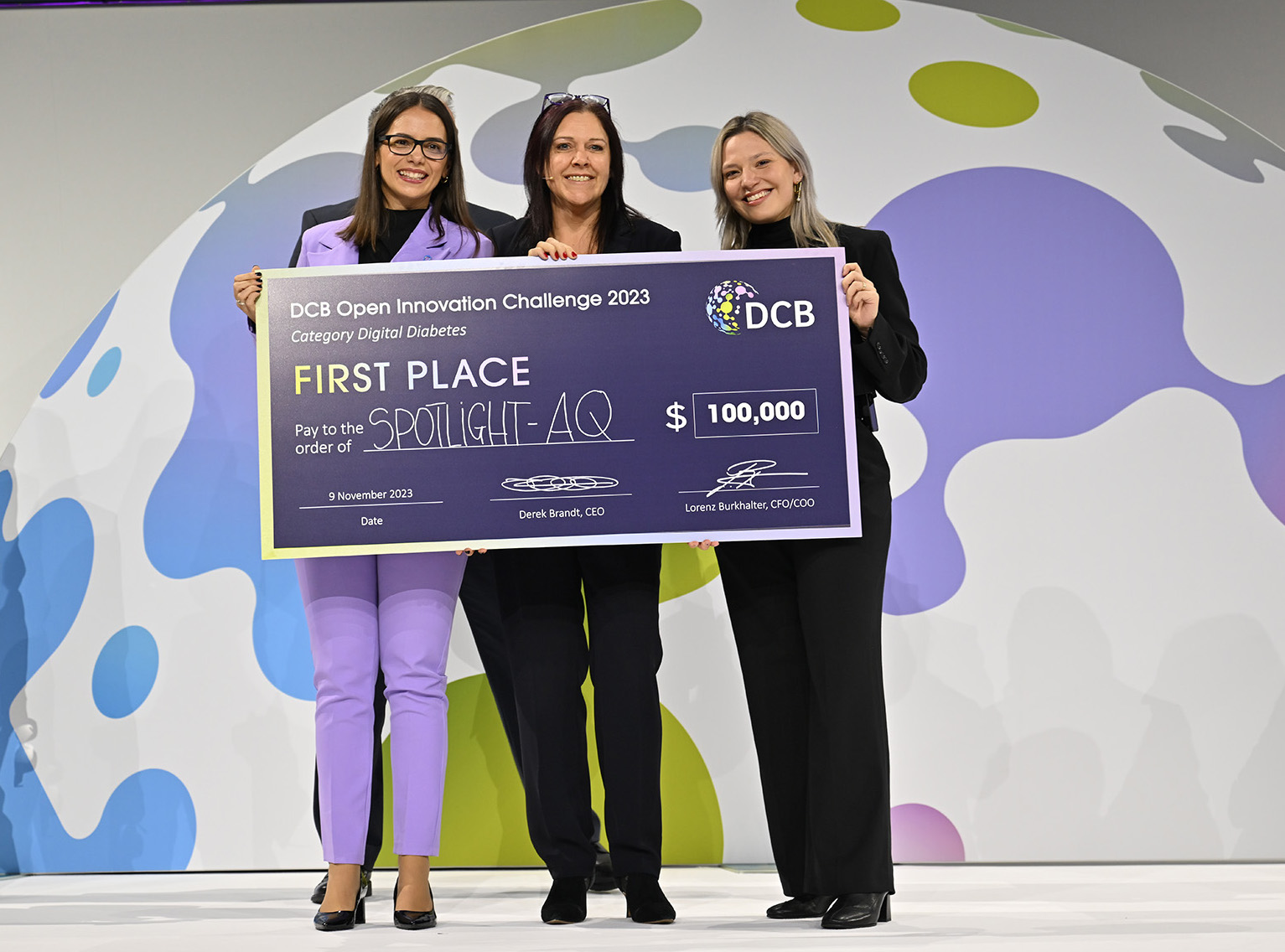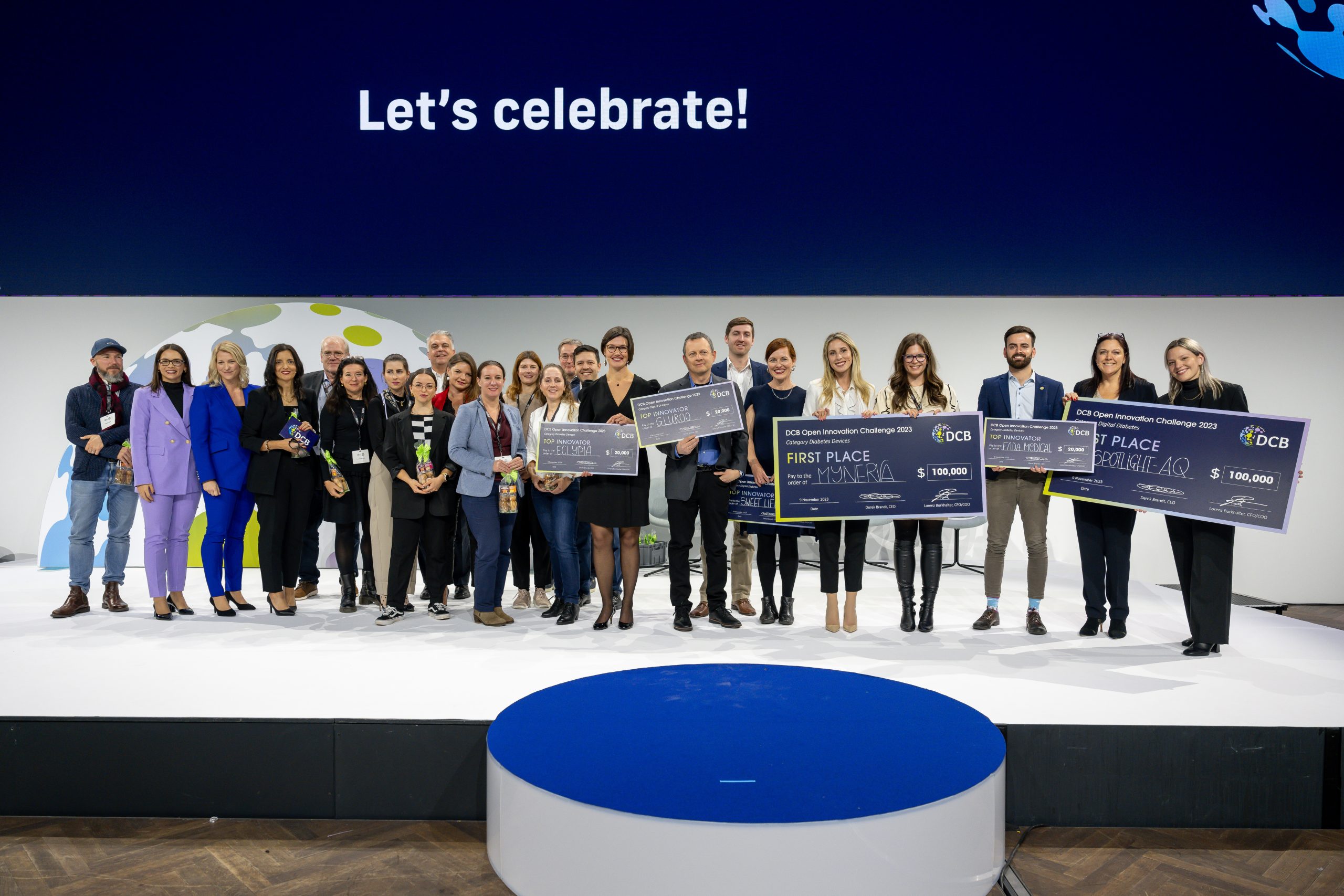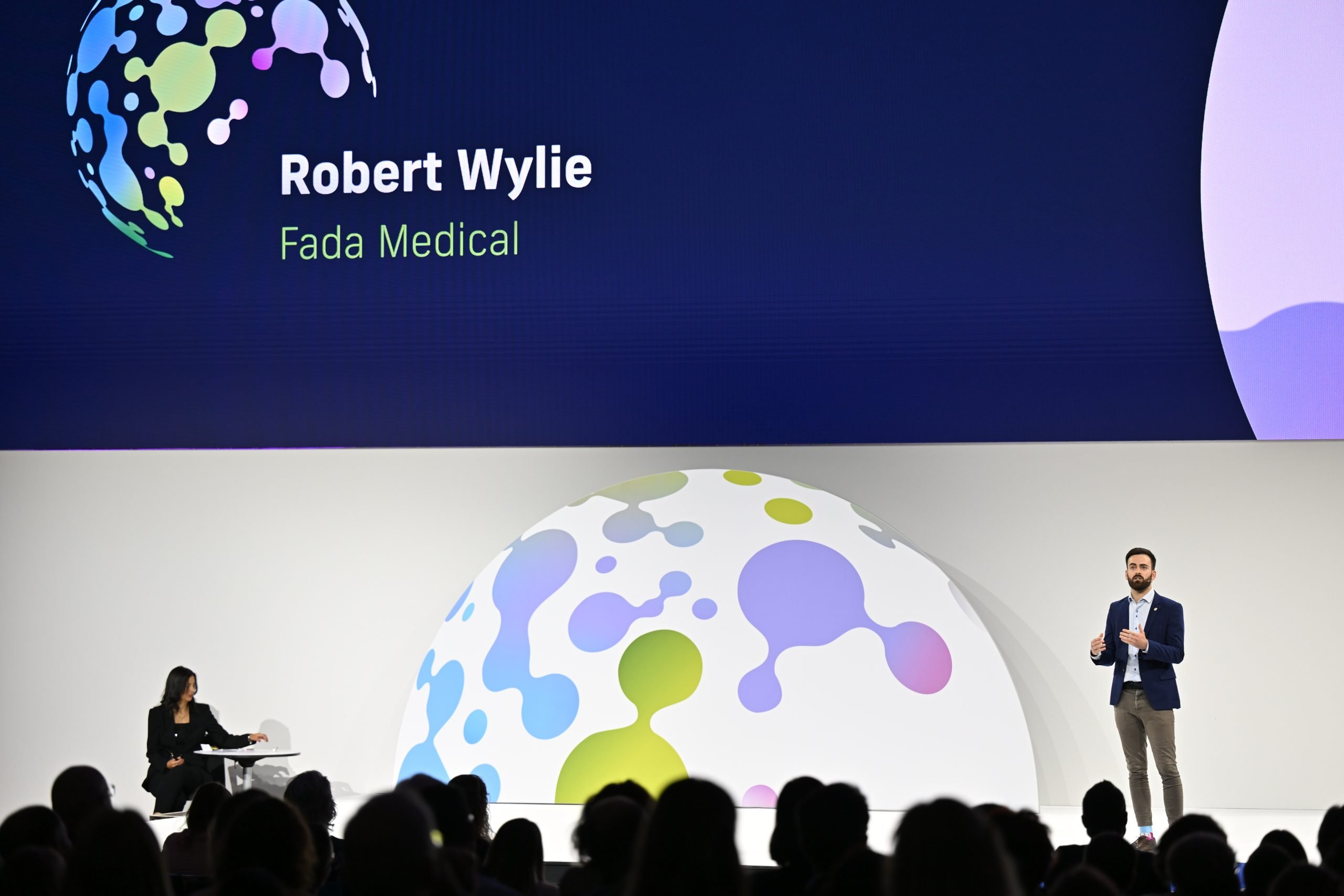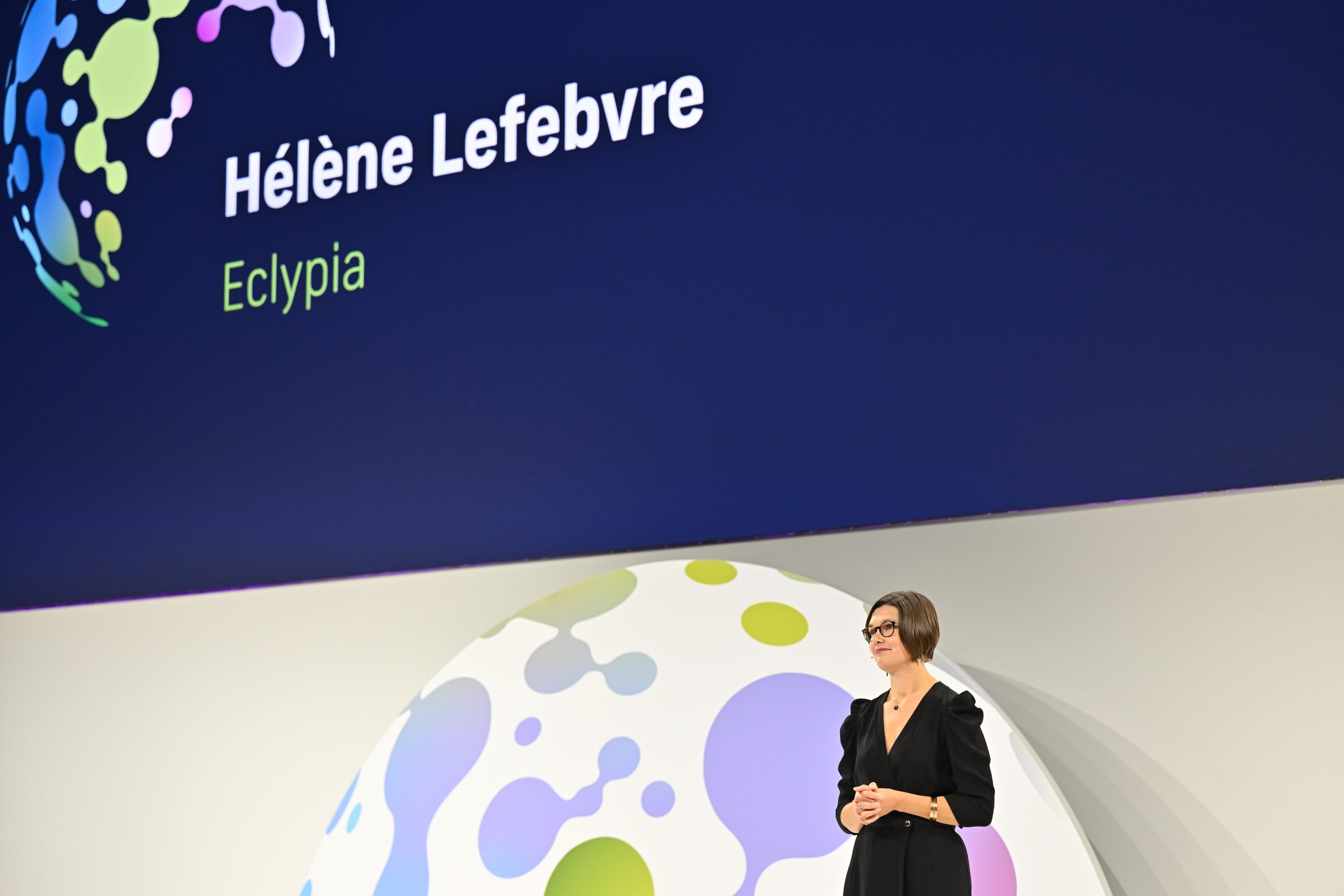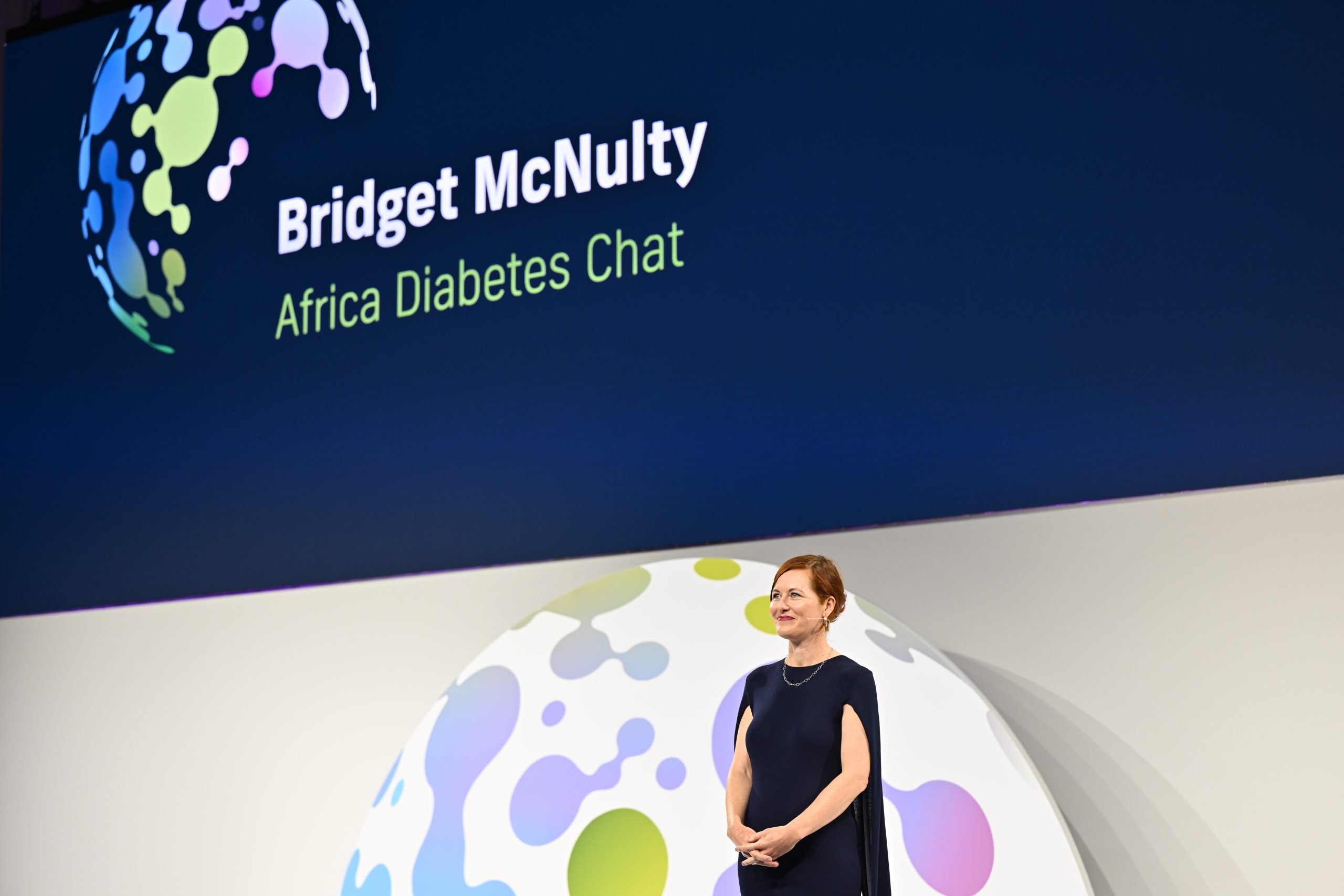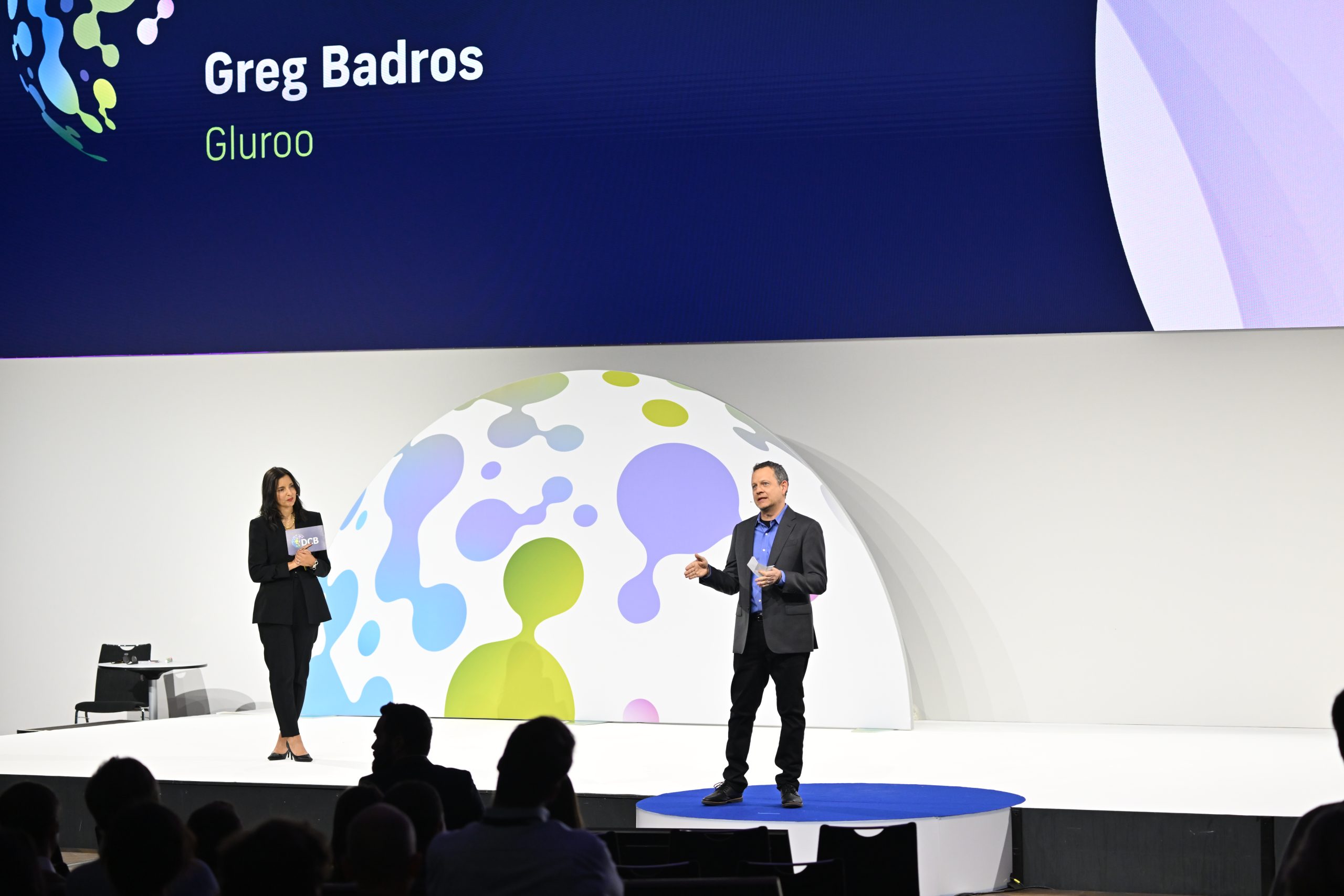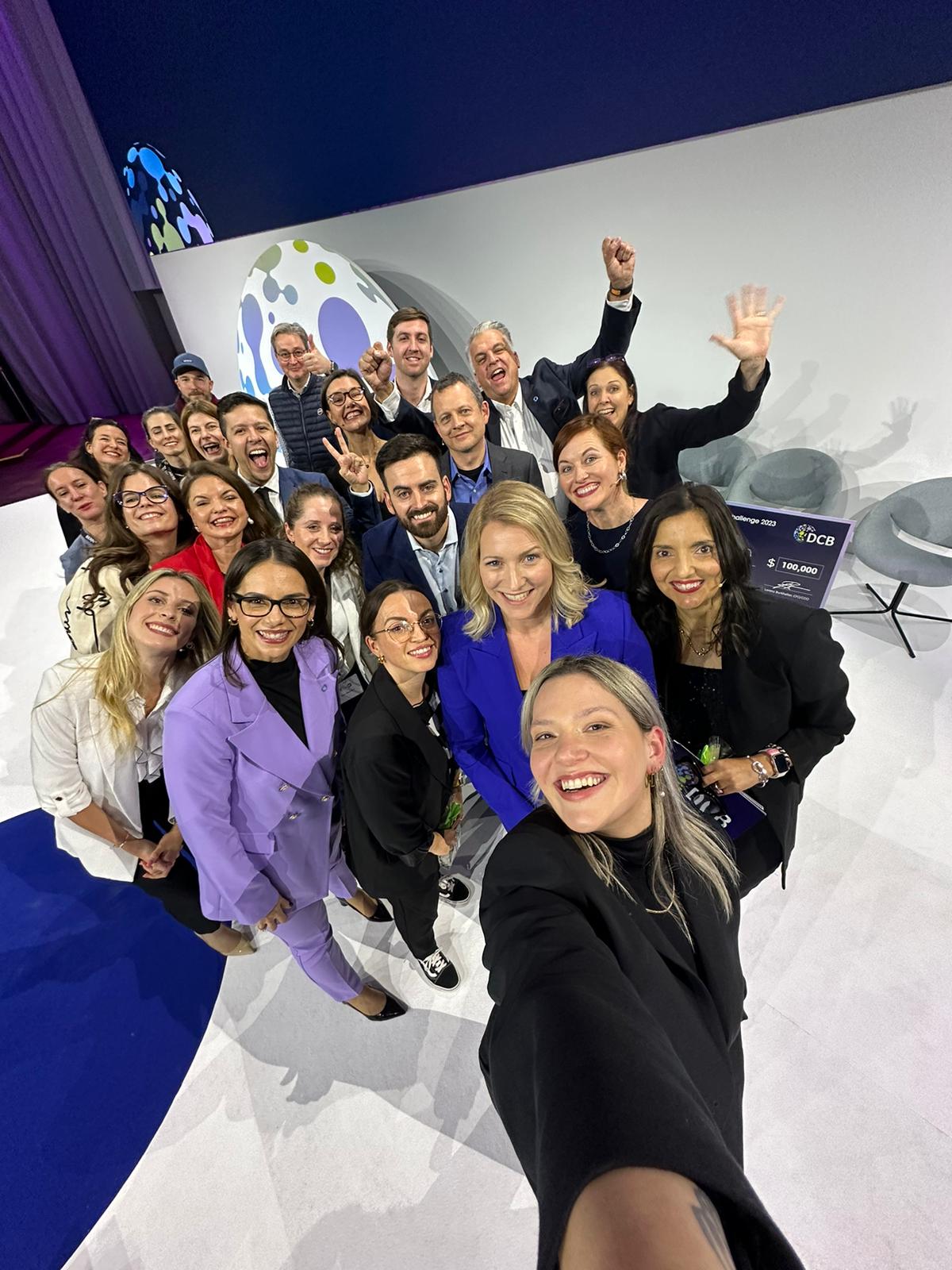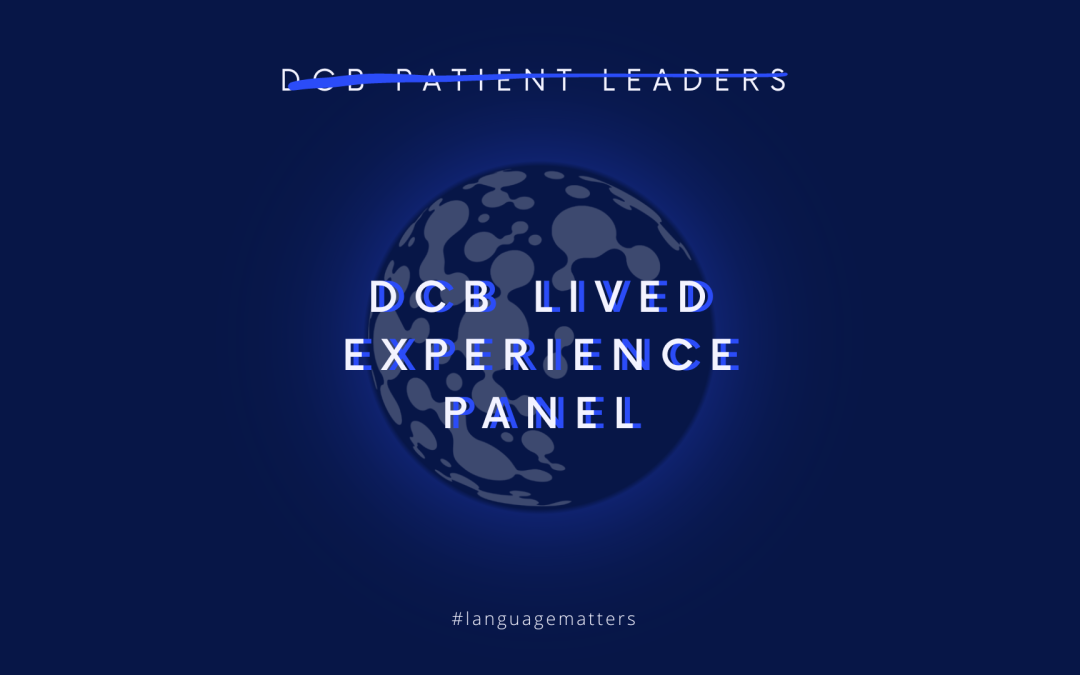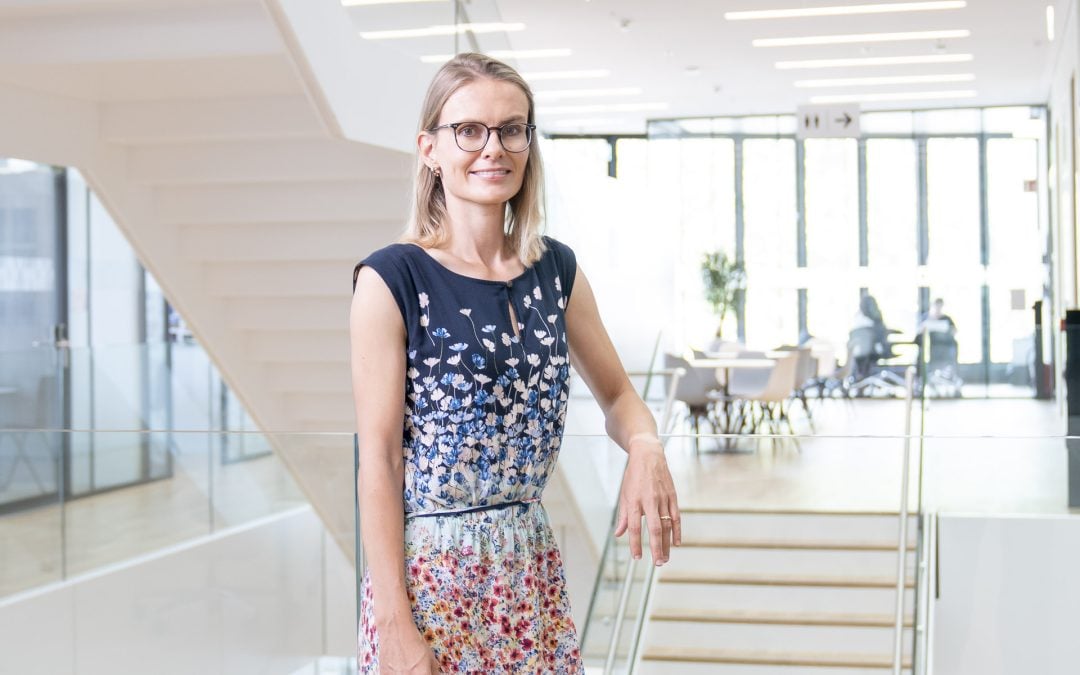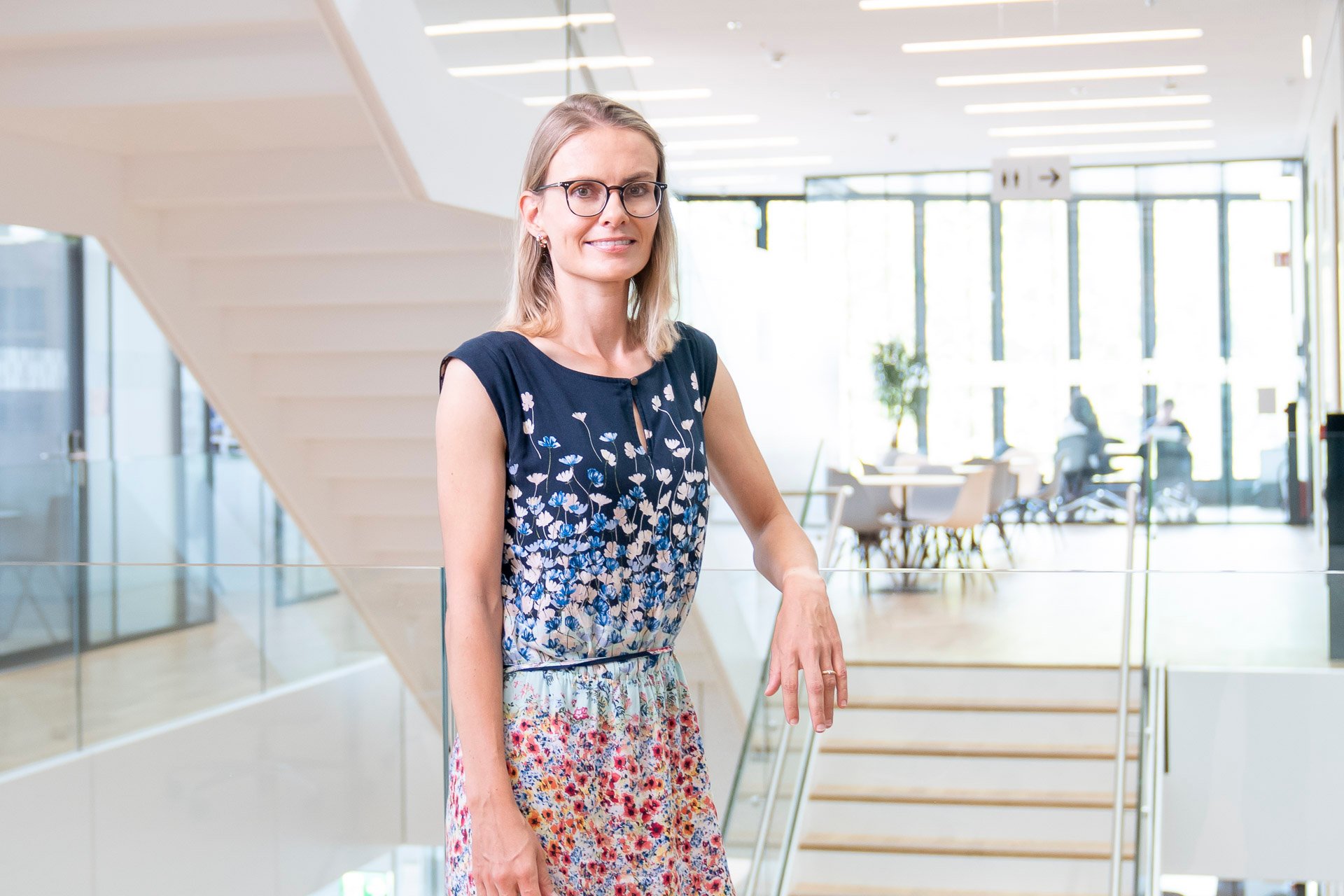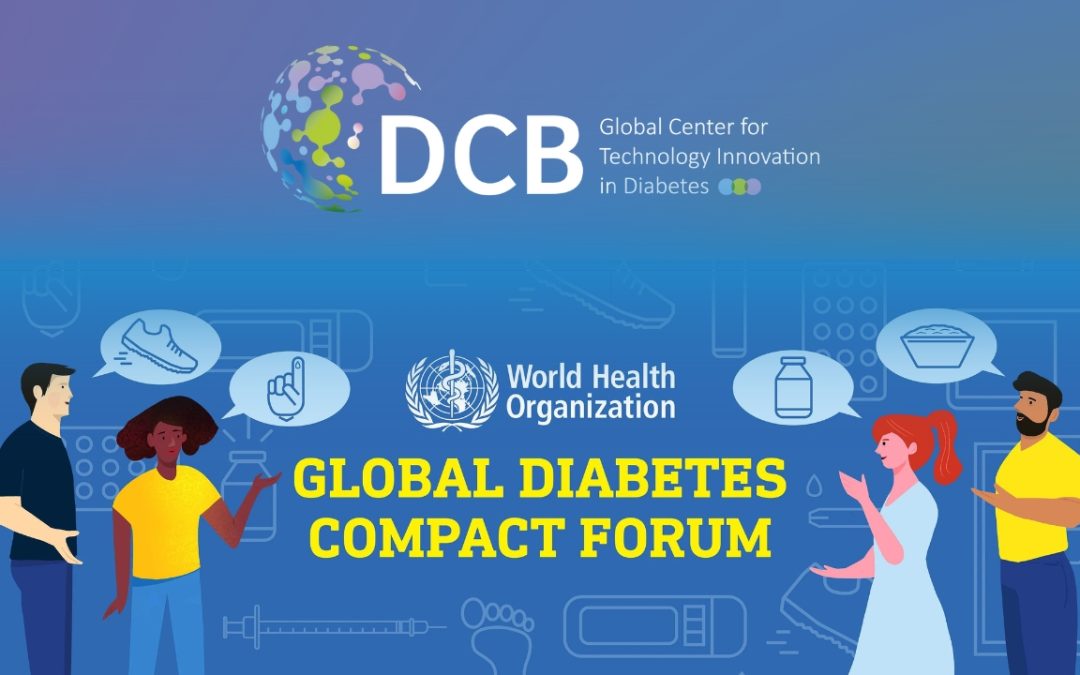We are very excited to announce the launch of the 2024 DCB Open Innovation Challenge for 1 April 2024, this year in...
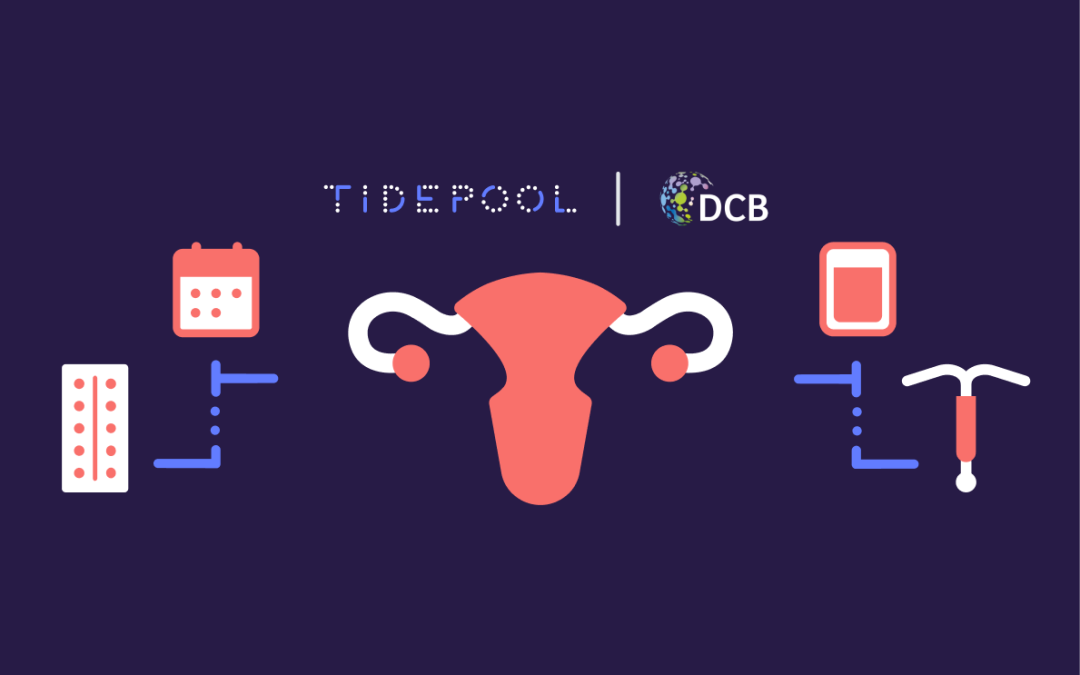
Diabetes Center Berne and Tidepool: New Collaboration to Advance Research in Diabetes and Women’s Health
Diabetes Center Berne and Tidepool: New Collaboration to Advance Research in Diabetes and Women’s Health
Bern/Palo Alto, 13 December 2023 – Diabetes Center Berne (DCB), a private, independent Swiss foundation and Tidepool, a US-based non-profit organisation are entering a partnership to explore the relationship between diabetes and women’s health. The first initiative in this collaboration will focus on the menstrual cycle’s influence on insulin-dependent diabetes.

Menstrual Cycle Study
Recognizing the challenges faced by women with insulin-dependent diabetes, research specifically investigating the menstrual cycle’s impact on diabetes management remains limited so far. This lack of focused study has hindered the development of tailored treatment strategies for women. The partnership between Diabetes Center Berne (DCB) and Tidepool aims to fill this critical research gap. Their joint effort is focused on the examination of the interplay between the menstrual cycle and diabetes management, with the goal of enhancing care and improving quality of life.
To explore the relationship between menstrual cycles and insulin-dependent diabetes with the goal of supporting the development of tools and products to lower the burden of diabetes management throughout the menstrual cycle, Tidepool and DCB are joining forces and will start with a first study. Tidepool facilitates access to the data of people living with type 1 diabetes who menstruate and provides their expertise in data collection for this initiative and DCB will provide expertise in clinical research and research infrastructure.
“Tidepool and DCB share common goals,” says Martina Rothenbühler, Data Science Lead at DCB. “We are both non-profit organizations aiming to make life with diabetes easier, fostering innovation, and sharing a deep interest in translating scientific findings into recommendations and tools that make diabetes management easier.”
Stefanie Hossmann, Clinical Research Lead at DCB, adds: “Partnering with Tidepool offers us an opportunity to meet with a highly motivated team dedicated to analyzing different aspects around the menstrual cycle, the Tidepool Period Project.”
“The DCB team has a strong academic focus that complements the roadmap we have built out for the Tidepool Period Project and the skills that we have on the Tidepool team, and we are so excited about this partnership,” said Saira Khan-Gallo, Access & Equity lead at Tidepool.
About DCB
Diabetes Center Berne (DCB) is a private, independent Swiss foundation established in 2017 with the aim of making life with diabetes easier. DCB supports ideas and projects in the field of diabetes technology worldwide by providing expertise, access to clinical research facilities and its own laboratories, as well as financial resources. The aim is to bring them a big step closer to market entry in a collaborative partnership. The work of the DCB is non-profit – the goal is new insights and innovations around diabetes management as well as a vibrant community.
About Tidepool
Tidepool is a recognized innovator in diabetes software on a mission to make diabetes data more accessible, actionable, and meaningful for people with diabetes, their care teams, and researchers. Founded in 2013, Tidepool hosts a suite of software tools for people with diabetes and the clinics that serve them, including Tidepool Web, Tidepool Mobile, Tidepool Uploader, and soon Tidepool Loop. Tidepool is a registered 501(c)3 nonprofit organization. Learn more at tidepool.org. Follow us on Twitter at @Tidepool_org and on Facebook and Instagram.
Contacts
Diabetes Center Berne
Fribourgstrasse 3
CH-3010 Berne
www.dcberne.com
Media Contact
Sunjoy Mathieu
medien@dcberne.com
Tidepool
555 Bryant Street #429
Palo Alto, CA 94301
www.tidepool.org
Media Contact
Saira Khan-Gallo
media@tidepool.org
Links
About the Menstrual Cycle Study
More recent news
Diabetes Center Berne and Diabetes Technology Society Collaborate for the 2024 DCB Open Innovation Challenge
“Day of the Sick” 2024 – Diabetes Centre Berne host of President Amherd’s speech
Bern, 4 March 2024 – Yesterday was the 85th anniversary of Switzerland's oldest Disease Awareness Day, the "Day of the...
Meet us at ATTD!
The ATTD congress in Florence, Italy, is just around the corner and different members of the DCB team will be on-site....


DCB Research AG
Freiburgstrasse 3
3010 Bern
Switzerland
